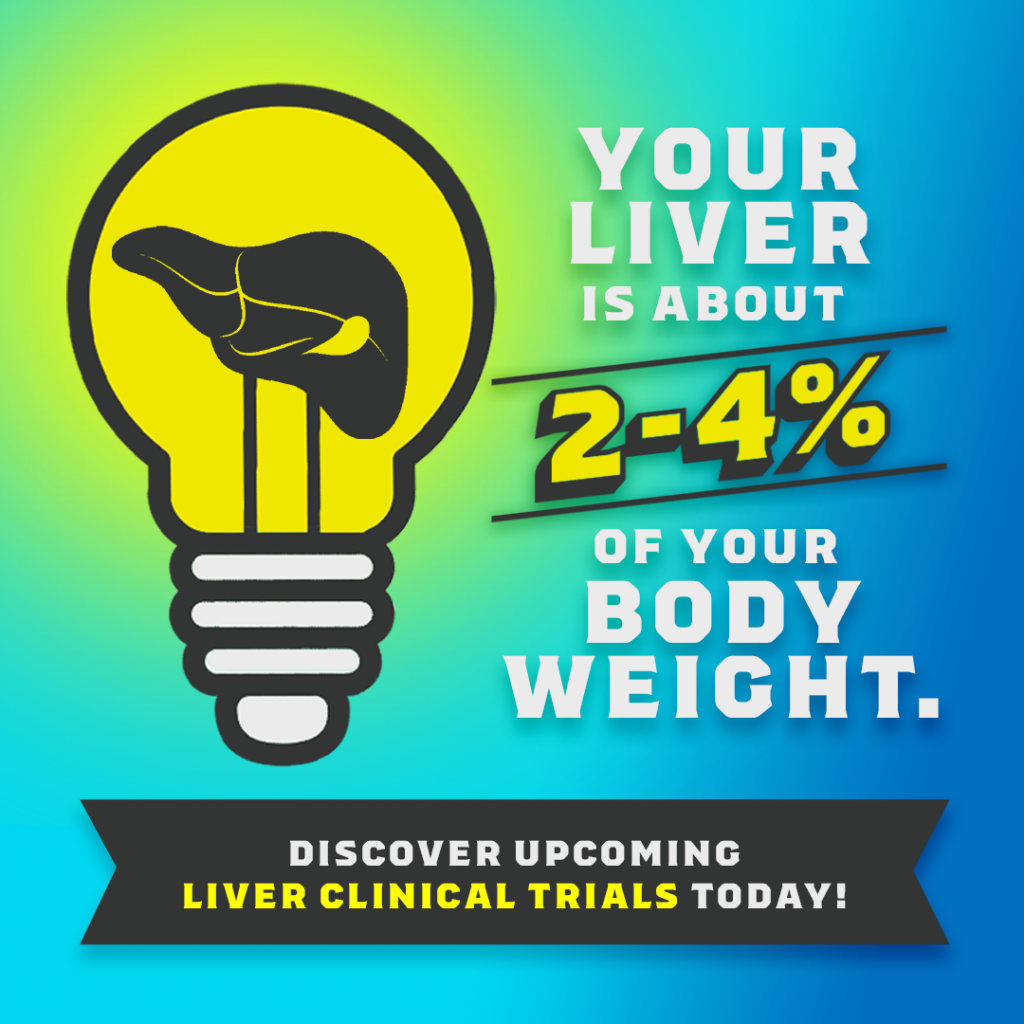The liver is the body’s largest solid organ. Weighing around 3 pounds in adulthood, it is roughly the size of a football. It has many essential metabolic functions, converting what we eat into substances our body can use, storing them until they need to be used. Your liver is an amazing organ. Here are 5 things you didn’t know about your liver.
1. The Stores of the Liver
Fat-soluble vitamins and minerals are stored in the liver until the body needs them, and they are released. Copper and iron are some examples. The liver also breaks down the fat in a person’s diet. The fat is either metabolized or released as energy.
2. The Liver Can Regenerate Itself!
As long as at least 25% of the healthy liver remains, it can regenerate and become whole again. After an injury or removal of tissue, the existing liver cells begin to enlarge, and new liver cells multiply. Within a week after removing 2/3 of the liver, it can return to the weight it was before surgery.
3. It Contains 1 Billion Specialized Cells
The cells of the liver, known as hepatocytes, act as little sorting centers. They determine how nutrients are processed, which ones are stored, which are eliminated via stool and go back into the blood.
4. It Filters 1.7 Liters of Blood Per minute

Blood comes into the liver from your digestive organs carrying nutrients, medication, and harmful substances. The liver processes these substances by storing, altering, detoxifying them, and then they are passed back into the blood or released into the bowel to be excreted.
5. There is no Medical Treatment for Liver Failure Other than a Transplant
There is no current medical treatment for liver failure beyond treating symptoms and transplantation. However, an improved diet and the avoidance of certain (alcohol) substances can halt and, at times, may even reverse liver damage.

Your liver is vital for your overall health. This is why researchers are diligently searching for future potential treatment options for those with liver disease. To discover how you can get involved in future liver disease opportunities, visit us here.
References:
https://www.fattyliverfoundation.org/basic_liver_facts


